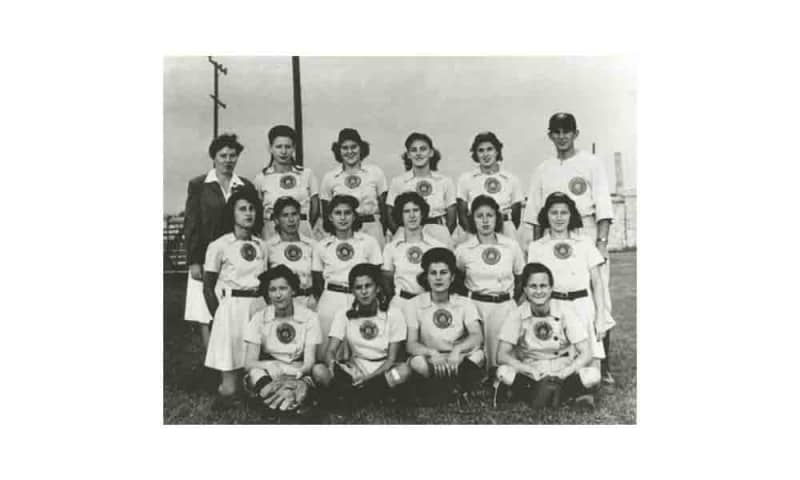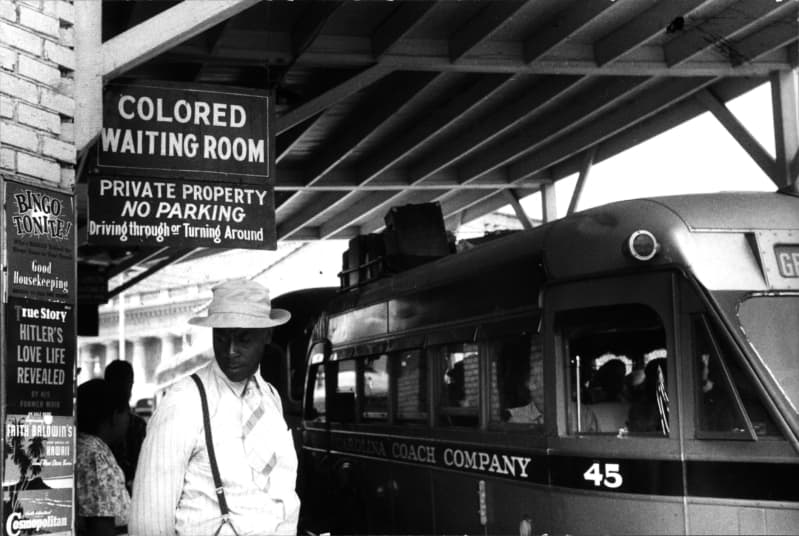Toni Stone:
Finding Toni Stone
Posted on: July 1, 2019
The fact that Toni Stone’s story is now being told at Roundabout is thanks largely to writer Martha Ackmann, whose 2010 book Curveball: The Remarkable Story of Toni Stone provided the primary source for Lydia R. Diamond’s play.
“I write about American women who did remarkable things that nobody has ever heard of,” explains Ackmann. “These stories say something about how women have shaped our country and the obstacles they were up against.” Her first book, The Mercury 13, recounts how, in 1961, a group of talented women pilots were tested to become America’s first female astronauts, but then dismissed by NASA and Congress. (The book is currently in development for a television miniseries.)
Next, Ackmann wanted to explore women’s athletics, recalling writer David Halberstam’s quote that “behind every great sports story is a story of a nation.” Raised as a Cardinals fan (she now also roots for the Red Sox) who loved playing softball as a child, Ackmann started with the smallest kernel of Stone’s life. “I had always heard this one phrase: the woman who replaced Henry Aaron. That’s all I knew about her story.”
Approaching any new book, Ackmann first ensures there’s a compelling narrative to keep a reader turning the page. Next, she asks what the story tells us about our nation. Finally, what does the story tells us about ourselves as human beings? Stone’s experience provided a window on life for African-Americans during Jim Crow America, as well as the challenges of being a woman in that time. On a more universal level, Toni Stone’s story asks, “What do we do when life gives us one imperfect chance to live our dreams?” Ackmann reflects, “She knew [playing with the Clowns] wasn’t perfect, but she also knew it was the best chance she’d ever get. It’s about those moments when we’re faced with almost getting what we want most in the world. Even facing the compromises and discrimination, she took that chance.”
Researching Stone’s career was a challenge because most archival material about Stone has been lost. Racism has much to do with the erasure of black athletes from history. The Negro League was not covered by the mainstream white press, and the discriminatory conditions for black teams playing and travelling through the Jim Crow south made it harder to retain accurate documentation and statistics. Searching like a detective, Ackmann gathered inside information through interviews with older players and umpires who knew Stone. She was fortunate to have captured their oral histories before many of these men passed away. Stone’s family and friends were also an important source, especially for understanding Stone’s later years.
Ackmann is excited about theatre’s ability to dramatize Stone’s life in ways that nonfiction cannot. “I always feel a great responsibility to get it right, or as right as you can.” Using dramatic license, the play echoes a core theme in Ackmann’s work: “The question of why so many American women are erased from history is a particularly urgent one. Who gets to write history? Who doesn’t? Who’s in? Who’s out? All of those questions interest me.”
Toni Stone is now running through August 11th at the Laura Pels Theatre.


